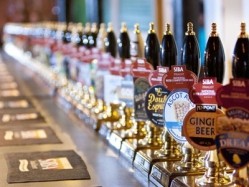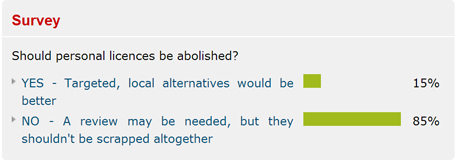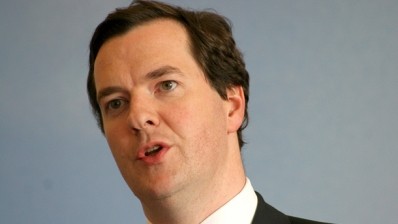Government retains personal licences

Today’s announcement by the Home Office follows widespread pressure from the industry against the ‘deregulatory measure’, which would have seen personal licences supplied through locally applied conditions.
Welcoming the news, Brigid Simmonds, the chief executive of the British Beer & Pub Association (BBPA), said: “It is very good news the Government has listened to the industry, as the whole trade was united in opposition. Personal licences work well, setting a national standard which is supported by both local authorities and the police.
“They are important for the reputation of the industry, and are needed, as a nationally recognised qualification. The Government’s intentions on deregulation are still very welcome; we will always be keen to work with them on the many other areas where action to reduce red tape is needed.”
Government consultation
The current system of personal licences – and the system that will remain - requires that all alcohol sales be made or authorised by a personal licence holder. At the same time, the Designated Premises Supervisor (DPS) in relation to licensed premises must hold a personal licence.
The Government initially claimed that this system has its weaknesses, arguing that it may not be effective in ensuring responsible sales and tackling crime and disorder. It also pointed out that the system is not targeted - it is a national, blanket requirement. All premises must comply with it, incurring significant costs in training, application fees and criminal records checks as a result.
By scrapping personal licences in favour of the ‘local alternative’, the Government believed it could maintain, and even strengthen, the existing legislation in two key ways.
Retrograde step
However, while unanimously agreeing that the current system needed a review for these reasons – a consultation took place back in September - the pub industry’s views over entirely scrapping personal licences was clear: 90 per cent of members of the Association of Licensed Multiple Retailers (ALMR) thought the move would ‘undermine the licensing objectives’.
Kate Nicholls, the ALMR’s strategic affairs director, said: “Removing the personal licence would have been a retrograde step certain to result in additional bureaucracy at a local level. Nationally-recognised qualifications are crucial if we are to foster sustainable investment in training and allow businesses a fair and level playing field in which to trade.”
Positive legacy
Meanwhile, a survey from the British Institute of Innkeepers (BII), submitted as evidence to ministers, found that 95 per cent of BII members believed there was a continued need for the Personal Licence and that 91 per cent felt that scrapping it would harm the professionalism of the trade. In addition, 89 per cent felt that the move would undermine the work being done to improve standards and compliance within the sector.
The BII’s chief executive Tim Hulme said: “I am delighted that after hearing representations from the BII and the wider trade the government has made the right decision.
“Personal licences are a positive legacy of licensing reform, setting a benchmark in terms of training standards and helping to underline the professionalism inherent in the licensed trade.
BigHospitality Readers' Poll
And this widespread criticism of the Government’s proposals was apparent in BigHospitality’s readership.
A readers’ poll, conducted after the personal licences consultation last year, found that 85 per cent of publicans believed a review may be needed, but that personal licences shouldn’t be scrapped altogether.
Responding to the Government’s decision to retain personal alcohol licences, WSTA Chief Executive Miles Beale said: “While we are fully supportive of the Government’s commitment to reducing regulatory burden on business, allowing local authorities the powers to develop their own personal licensing system risked imposing unnecessary burdens on the trade and creating disparities between local authorities.
“When it comes to the responsible sale of alcohol our members are fully supportive of measures to help raise the general standard of training and will often go much further to ensure they are operating the highest standards with regards to the retail of alcohol.”
The Government’s response can be viewed in full below.
















